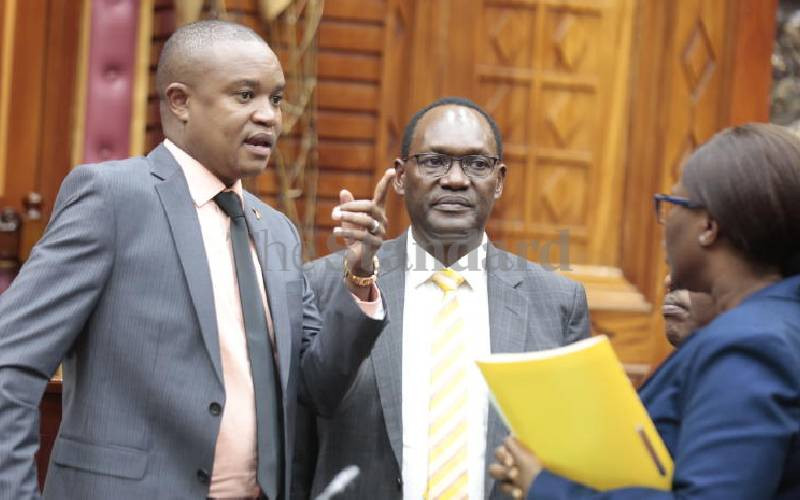×
The Standard e-Paper
Stay Informed, Even Offline

The manner of the budget-making process over the last two years has created a lot of discontent among Kenyans, especially the youth who are becoming increasingly conscious of excesses in government spending.
That explains why Finance Bills have generated a lot of interest from the public as has been the case over the last 18 months since the Kenya Kwanza government took over.